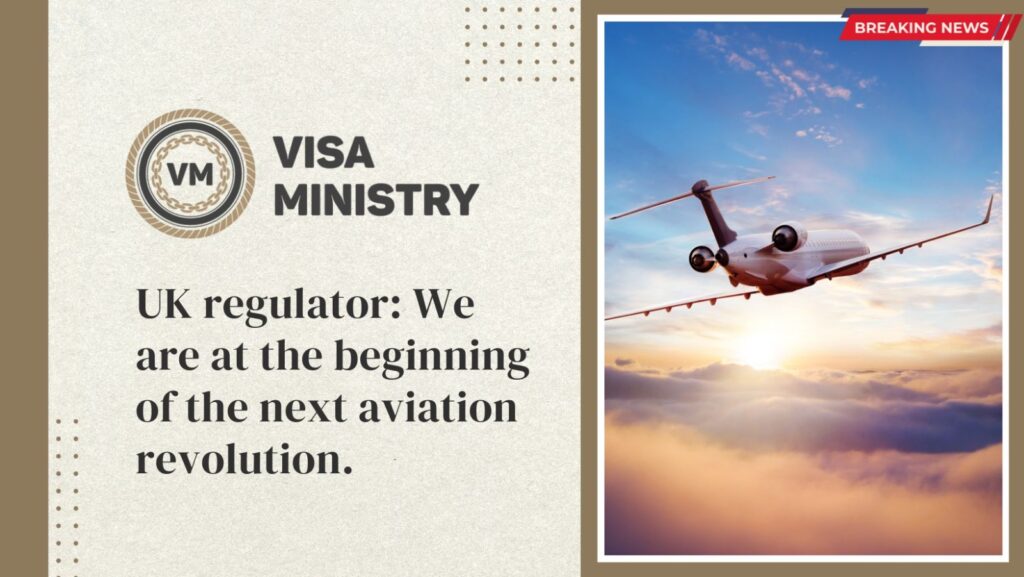In a keynote address on September 27, the Chair of the UK Civil Aviation Authority will assert that aviation is on the verge of the next revolution.
In order to assist the safe development and implementation of sustainable fuels, drones, and new types of aircraft, which are expected to play a large role in UK aviation, the regulator is collaborating with the aviation and aerospace sector as well as the government.
At the Global Urban & Advanced Air Summit Asia in Singapore on September 27, Sir Stephen Hillier, Chair of the UK Civil Aviation Authority, will speak in a keynote session about how the regulator is facilitating innovative technology.
UK Civil Aviation Authority Chair Sir Stephen Hillier said:
“The next, and maybe biggest, revolution in aviation since the development of the jet engine is just around the corner. Radically new vehicle designs have the potential to transform how people travel across cities, enhance available transportation options, and support a more sustainable aviation ecosystem.
As the UK’s regulatory body for aviation and aerospace, we play a crucial part in fostering innovation and technical advancements while putting a priority on the safety of those who fly and those on the ground below.
“We continue to work with other member states and regulators to take on that enormous challenge of regulating for the future in a collaborative way.”
Electric vertical takeoff and landing (eVTOL) aircraft, also known as air taxis, are one of these emerging technologies. Electric vertical takeoff and landing (eVTOL) aircraft have the potential to offer more effective and sustainable ways to travel between cities and airports. They are designed to land and take off like helicopters but are powered by electricity.
The UK Civil Aviation Authority issued its initial airworthiness certification requirements for VTOL aircraft earlier this year, which will assist standardize a method for eVTOL aircraft safety certification and speed up their development.
The UK Civil Aviation Authority is now in contact with a number of manufacturers. After acquiring a test authorization from the regulator, Vertical Aerospace became the first eVTOL business in the UK to fly last year. It also acquired a Design Organizational Approval earlier this year, allowing it to move the development of a four passenger eVTOL vehicle forward.
Additionally, the regulator has been creating guidelines for the sector to promote and inform development.
It released guidelines in July 2023 on how the eVTOL business may follow crucial consumer concepts, emphasizing how crucial it is for new aircraft to be completely accessible and understood for passengers.
In the same month, guidelines on the use of eVTOL aircraft at vertiports and aerodromes were also released. It outlines important factors for how facilities, which are frequently found in cities, could securely accept these cars.
The use of drones to deliver goods and fly farther and out of an operator’s line of sight may alter as they get more advanced. Infrastructure inspections may also change.
The authority laid out the potential for routine Beyond Visual Line of Sight (BVLOS) flight last year and has given the go-ahead for trials.
Recent demonstration trials including making urgent medical deliveries for the NHS were funded by it on behalf of Apian and Skyports. Through quicker sample processing and delivery of crucial chemotherapeutic medications, the trials enhanced patient experiences and sped up diagnosis times.
The regulator is working with business and the government to reduce emissions in aviation as well. It is looking into alternative fuel sources and encouraging the government to pursue its net zero goals.
This year, test flights have been conducted by ZeroAvia, a firm developing hydrogen-electric engines, with permission from the UK Civil Aviation Authority.
Source- Travel daily
